Trump Court Nominee Fends Off Questions On Abortion, Health Care
US Supreme Court nominee Amy Coney Barrett insisted Tuesday that she had no fixed views on hot-button legal issues as Democrats painted her as President Donald Trump's vehicle to end abortion rights and kill the popular Obamacare health program.
In the second day of hearings on her hurried nomination, Barrett, who if approved will tilt the high court decisively to the right, told lawmakers she would put personal and religious beliefs aside when deciding landmark cases.
But the 48-year-old judge and devout Catholic could not escape accusations from Democrats on the Senate Judiciary Committee that she was chosen to achieve Trump's dream to nullify the Affordable Care Act of predecessor Barack Obama, which extended cheap health care to millions of uninsured Americans.
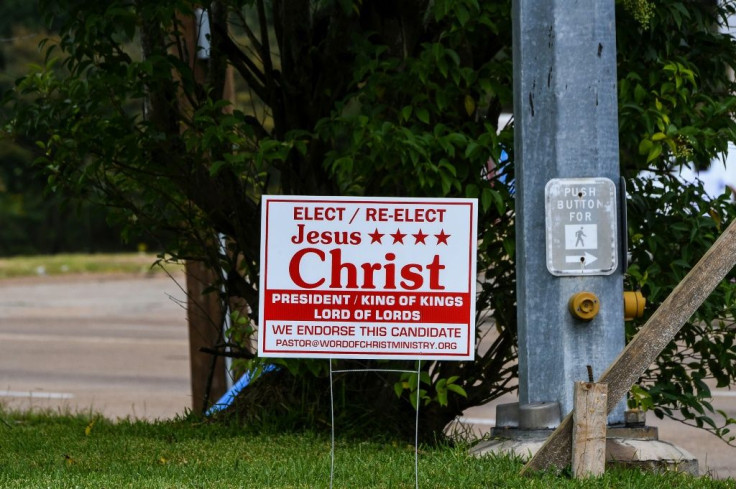
Likewise, Democrats said she was also picked to lead the court to overturn the landmark 1973 Roe v. Wade decision, which guarantees abortion rights.
"President Trump promised to name a Supreme Court Justice ... who would tear down the Affordable Care Act," Kamala Harris, the Democratic candidate for vice president, said to Barrett.
The ACA's benefits, she said, "hinge on this seat and the outcome of this hearing."
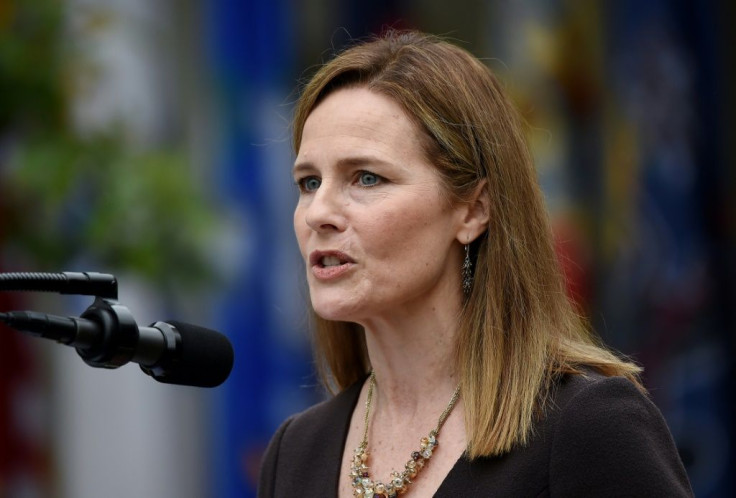
But after more than nine hours of questioning, Barrett held her ground.
"I made no promises to anyone. I don't have any agenda," she insisted.
"Judges can't just wake up one day and say 'I have an agenda. I like guns, I hate guns, I like abortion, I hate abortion,' and walk in like a royal queen and impose their will on the world," Barrett said.
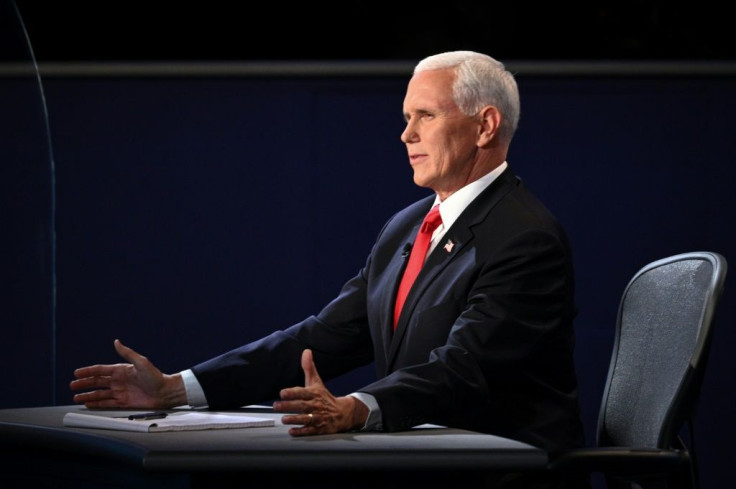
"It's not the law of Amy, it's the law of the American people."
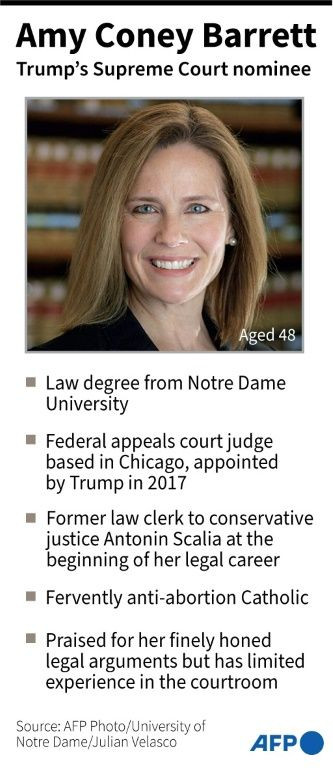
After liberal icon Ruth Bader Ginsburg's death last month left the nine-member court with a vacancy, Trump has rushed to fill it at the height of his presidential election battle against Democrat Joe Biden.
A respected Notre Dame law professor but with only three years as an appeals court judge, Barrett is supported by conservatives for her personal opposition to abortion.
Her confirmation by the Republican-controlled committee after two more days of hearings, and by the full Senate before the end of October, remained near-certain.
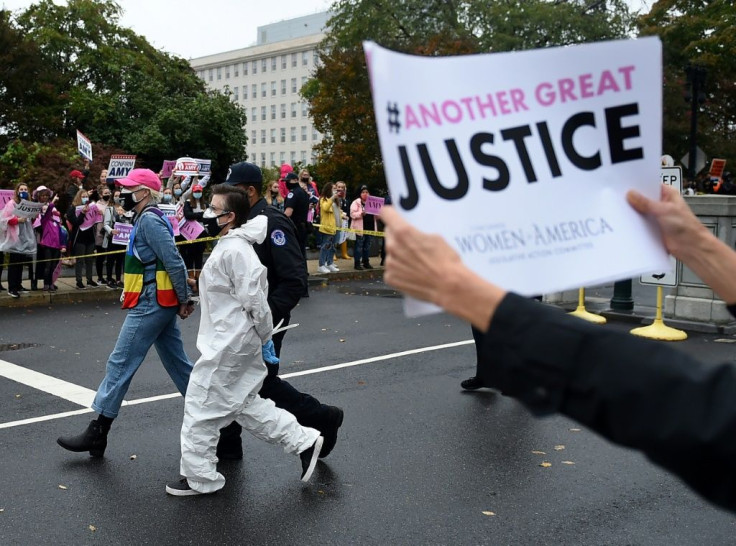
"I just want to thank President Trump for creating a seat at the table for somebody who is unashamedly pro-life, somebody who embraces their faith, but also understands the differences between their personal views and judging," said Judiciary Committee Chair Lindsey Graham.
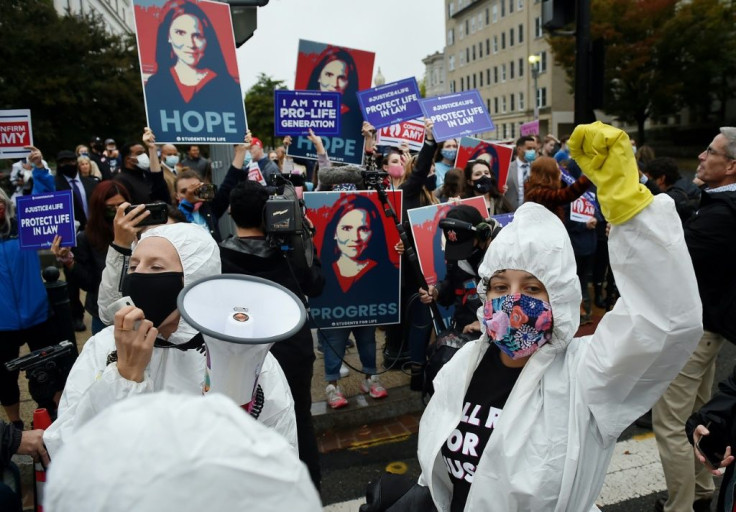
As some of her seven children sat in the hearing room beside her, Barrett was willing to slightly distance herself from Trump, condemning extremism and saying racism is widespread.
She also defended LGBTQ rights amid concerns she could also tilt the court toward reversing its earlier endorsement of same-sex marriage.
In a poignant moment, when asked about the video of the police murder of African American George Floyd in May which shocked the nation, she referred to her children adopted from Haiti.
"Given that I have two black children, that was very, very personal for my family," she said, saying she and her 17 year old daughter Vivian "wept together."
But she added that, "making broader diagnoses about the problem of racism is kind of beyond what I'm capable of doing as a judge."
Democrats focused on the ACA because the court will hear a case challenging its legality on November 10.
Barrett said it was "just not true" that she was predisposed to strike down the ACA.
And she rejected Harris's suggestion that she had to be aware that Trump openly said he sought a justice who would overrule the ACA.
"What I would like to say is I don't recall hearing about or seeing such statements," she said.
On abortion, Barrett indicated she did not believe, like previous court did, that abortion rights were etched in stone permanently by Roe v. Wade.
The Roe case was not one of the Supreme Court's "superprecedents," or decisions that few if any people think should ever be challenged, she said.
Barret was also asked what she would do if, as in 2000, a case comes to the high court after November 3 that will decide the winner of the election, given that one of the candidates, Trump, will have just installed her on the court.
She acknowledged that laws require a justice or judge to recuse themself when there is an appearance of bias, and said she would "consider" doing so, in consultation with the other justices.
"I can't commit to you right now ... but I do assure you of my integrity and I do assure you I would take the question very seriously."
© Copyright AFP 2024. All rights reserved.





















